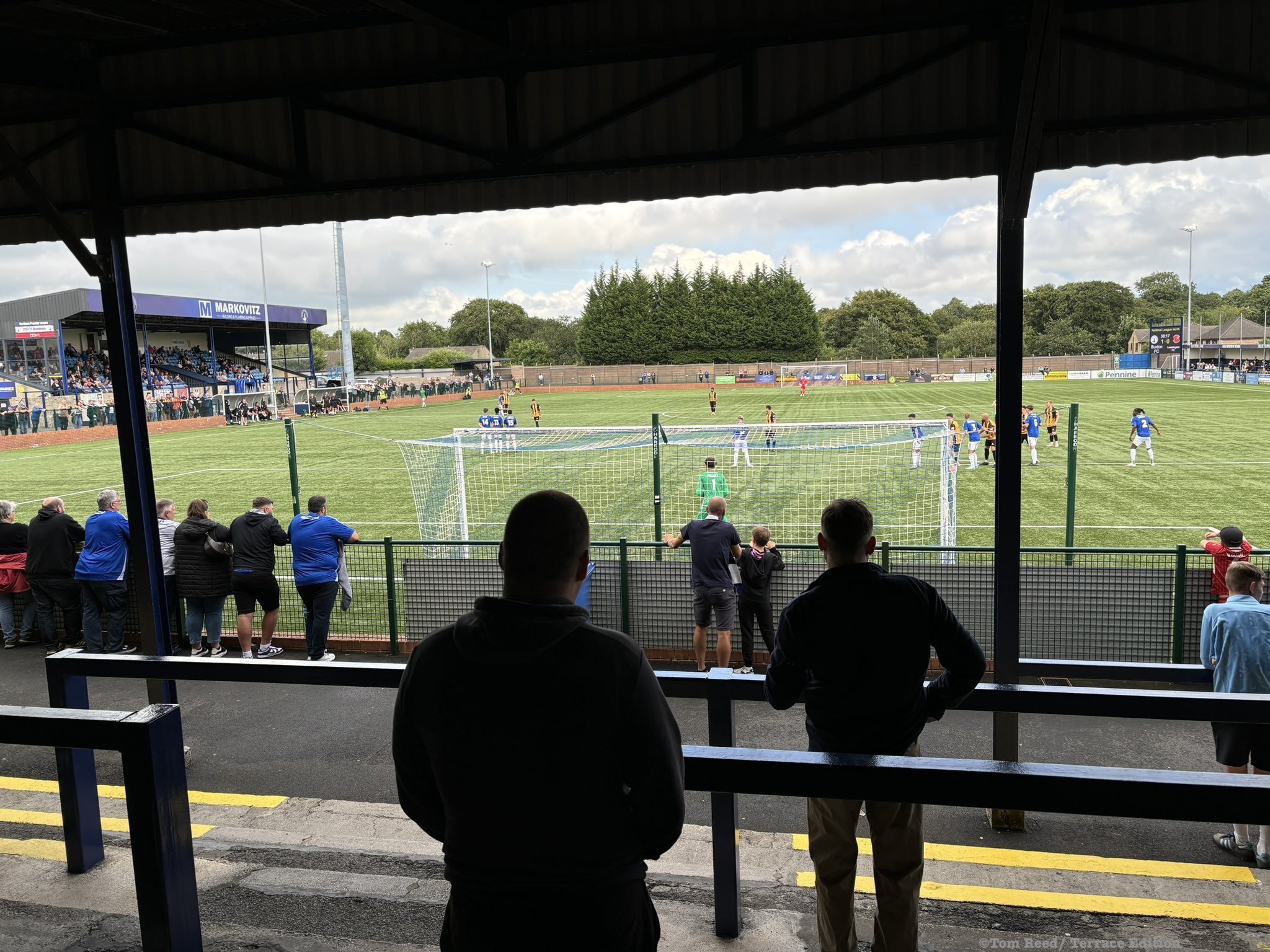over exposure

Words: Tom Reed
Images: Ian Parker
The figures were eye-catching but it was no surprise that the announcement on the English Football League’s Sky TV and streaming deal was done on a Friday evening before the new King was crowned.
Half the country were in the pub or scratching their heads how to make coronation chicken, making it a useful time to produce the news that might be by turns good and bad for match-going fans in England’s professional tiers outside the Premier League.
April and May are weird months as it is, with the English weather switching from startlingly bright to pissed wet through by the hour.
Al fresco beers in pub gardens have drinkers fiddling with their sunglasses or running for cover as another shower hits, leaving puddles in their plates of chips.
The pound signs in the £935 million deal will light up football club owners’ eyes like the features board does on a fruit machine but once the glow fades, the situation may offer less of a payout to fans who go to watch football on a Saturday at 3pm.
For now, the Saturday 3pm TV blackout is retained but the sea wall to protect Football League clubs remains under huge pressure with a tide of 1,059 televised or streamed matches coming from the Championship, Leagues 1 and 2 when the new deal hits.
The prospect of six 12.30pm broadcast Saturday kick-offs will have fans of 2pm pre-match pints twitching, given EFL execs are reported to want to “own” the time of ball leaving centre spot with dubious supporter popularity
Indeed, the EFL making a point of increased notice for fans on TV selections suggests that rescheduling for the cameras will be a feature of the not so new dawn, which almost always has a knock-on effect for supporters, who tread railway platforms and coach gangways in the love of their team.
There’s been plenty of detail on the cash involved but less information on when, precisely, matches will be played away from Saturday and away from 3pm.
A look to France and the “Le Foot C’est Le Weekend” campaign is worth a glance, as French supporters protest vigorously against the movement of matches to unpopular slots away from their traditional times and the influence of pay-television companies in general
The Sky deal to tempt more fans to watch on satellite TV and mobile devices comes at a strange moment with the Championship, League 1 and 2 going through a boom in match-going and bums on seats.
The Athletic reported that “The EFL’s three leagues are collectively showing a 12% increase (in attendances) on last season alone” which might suggest that both the blackout and the relative lack of coverage compared to the Premier League is actually working in terms of the nuts and bolts of real participation.
Of course, the counter argument is that the EFL was always going to get with the times and go down an in-depth streaming route and that TV money has for a long time been the filling in the sandwich when it comes to club revenues versus the relatively thin bread of gate receipts.
Overseas execs will be watching the news with caution due to English football as a lingua franca that can out-talk established brands, given the Championship already tops several top European leagues for revenues.
Yet, despite the appeal of lottery level figures in a country where a lot of people are skint, there will always be melancholy with news of further screening of football.
In a country that is attached to our mainly tiny houses with big mortgages, multiple subscriptions and over-worn sofas do we really need more excuse to sit on our arses? The new EFL deal could be less Netflix for football and more Deliveroo soccer.
How will the ready access to streaming effect travelling fan numbers and away day culture? Given the uptick in income, subsidising affordable ticket prices for those that make the effort of pushing through the turnstiles shouldn’t be out of the question.
Will the EFL TV deal become just another direct debit, that adds to the online banking tab of money spent before it’s been earned? Of course, Sky aren’t gifting the money to clubs and will expect to make it back via consumers.
Glass ceilings and income gaps have proved problematic since the inception of the Premier League and there needs to be more analysis on what effect the new deal has on the jump between League 1 and the Championship, given the second tier will have significantly more games broadcast than its junior brothers.
Lower league clubs potentially becoming even more reliant on broadcast money is likewise something that needs more thought.
While it’s true the rich heritage of the English Football League has been largely unexplored by television, particularly the local derby culture, it has also remained free of intrusive media features such as animated advertising boards and the dreaded V.A.R.
The EFL Chief-Exec Trevor Birch describing the league as “an iconic sports property” as part of the announcement is telling, with the feeling of English football being something traded and pushed about.
Time will tell whether the new £935 million Sky deal offers the fine football coverage that the EFL deserves or a jarring over-televisation that pushes some fans towards the simplicity of non-League.
Tom Reed is Terrace Edition Editor and can be found Twitter: @tomreedwriting
Ian is on Twitter and Instagram: @_TheSaturdayboy






